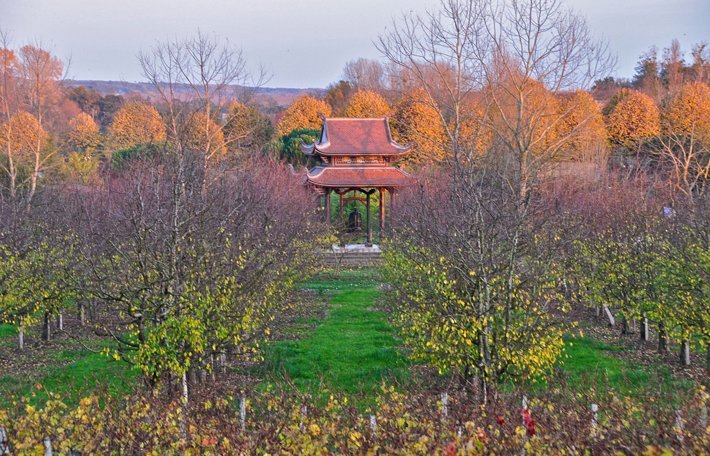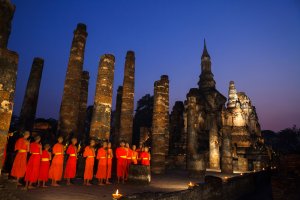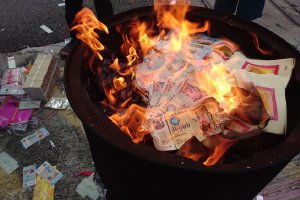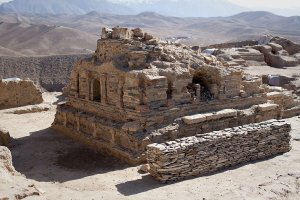When Brother Chân Pháp Dung was asked to relinquish his clothes and toys at the age of nine, he was not aware it was to prepare him to be awakened in the middle of the night to escape Vietnam with his family by boat. The journey meant a new life in Los Angeles where opportunity and western culture awaited, leaving the horrors of war far behind.

His understanding of survival shifted from tanks and turmoil to bullies on the playground as he and his Asian and Latino schoolmates tried desperately to fit in with the privileged kids in his San Fernando Valley schools. Pháp Dung was determined to shed his Vietnamese heritage and make his way out of poverty and into the world of the elite. A degree in architecture from the University of Southern California seemed a likely ticket to that desired destination—until it wasn’t.
A subsequent job in his chosen field led to a wallet fat with credit and membership cards, plenty of cash for the luxuries he had lacked in childhood, but something was missing. It would take a Thanksgiving visit to a factory for a lucrative project for Pháp Dung to take note that the largely Latino workforce would work through the holiday weekend, while he would return home to spend it with family. He began to see his chosen profession as exploitive and unsatisfying.
It was an invitation from his mother to a mindfulness retreat for the Vietnamese community that had Pháp Dung rethinking his life’s calling. Similar to his relinquishing his belongings at the age of nine, Pháp Dung took out his wallet, cut up the cards that anchored him to the physical world, bid farewell to his worldly possessions and committed to a monastic life.
“That’s the moment where you realize, actually this is all a prison,” he recalls. Shedding the weight of materialism proved to be the freedom he was searching for all along. His youthful appearance alone should have us all grabbing the nearest shears to shred our anchors.
Today, Pháp Dung’s idea of success is in living simply, meditating, enjoying pure food, respecting all aspects of nature, helping others become enlightened, and serving as a monk at Plum Village in southwest France—a monastic community founded by Zen Master Thích Nhất Hạnh.
From its beginnings, the Church of Scientology has recognized that freedom of religion is a fundamental human right. In a world where conflicts are often traceable to intolerance of others’ religious beliefs and practices, the Church has, for more than 50 years, made the preservation of religious liberty an overriding concern.
The Church publishes this blog to help create a better understanding of the freedom of religion and belief and provide news on religious freedom and issues affecting this freedom around the world.
The Founder of the Scientology religion is L. Ron Hubbard and Mr. David Miscavige is the religion’s ecclesiastical leader.


